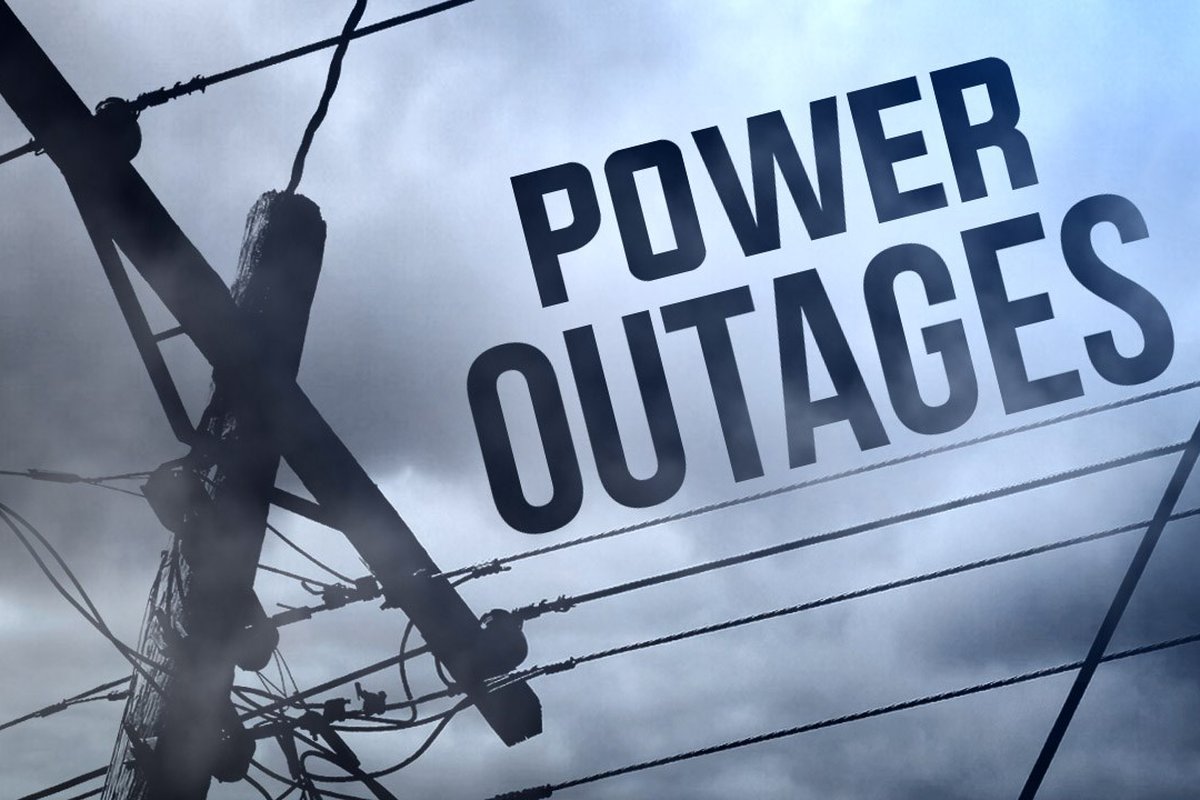Learning More About Common Causes of Power Outages
Learning more about common causes of power outages can help us understand why we sometimes lose electricity. From construction crews accidentally hitting power lines to squirrels chewing on insulation and tripping circuits, outages happen for many reasons.
On rare occasions, demand exceeds supply, leading to utility companies shutting off power on a large scale to manage energy usage, known as rolling blackouts. This type of outage can affect an entire city.
Natural Disasters
Nature’s wrath is responsible for many power outages, from hurricanes to tornadoes, earthquakes, and wildfires. When natural disasters impact power facilities or lines, they often cause widespread damage and require extensive repairs to get the service back up and running.
The wind is another common cause of power outages, particularly during storms. High winds can cause power lines to come into contact with each other and create a fault interrupting electricity. Additionally, strong winds can blow tree limbs or entire trees into power lines. These interruptions are especially dangerous because they can shut off power to a large area.
Winter storms can also impact power lines by causing them to become heavy with ice or snow. This build-up causes the lines to break or fall, leading to outages.
Small animals can also be a cause of power outages. Squirrels, mice, raccoons, and other furry creatures sometimes chew through wires or scale utility poles to reach equipment like transformers and fuses. They may also inadvertently fly into a power line or cause a short circuit interrupting energy flow. Underground lines are sometimes damaged by excavation digging that goes astray or construction vehicles. When the power goes out, it can disrupt telecommunications, close businesses, and stop people from shopping or going to work. It can also lead to food spoilage and affect water treatment or sanitation.
Equipment Failure
A sudden power outage can throw off your daily routine, leaving you unable to complete work tasks, watch your favorite TV show or cook dinner. While it may be frustrating to lose the flow of your day, understanding the most common causes of power outages can help you prepare for them in advance.
One of the most frequent causes of power outages is equipment failure. This can include anything from a broken generator to the line that brings electricity to your house becoming damaged. An electrician Sydney (or one in a more relevant location) possesses the expertise necessary to diagnose and repair the problem. According to a recent study, equipment failure accounts for 11% of power outages. These outages can occur when machinery breaks down due to normal wear and tear, poor maintenance, or extreme weather conditions.
For example, high winds can knock tree limbs or whole trees down, breaking power lines from their overhead perch. Construction or excavation work disturbs buried electric service lines and can cause outages. Squirrels and other animals can also chew through wires and insulators, while thieves have been known to steal copper from transformers.
Another type of power outage is a rolling blackout, which can be caused by a temporary issue or by the power company deciding to shut off electricity for an extended period. Rolling blackouts are usually caused by a line fault that impacts a limited grid area.
Vehicle Accidents
The most common cause of power outages in a particular area is something as simple as a car accident. When vehicles hit each other on the road, they can crash into a pole or another vehicle, creating short circuits that lead to a power outage.
A minor motor vehicle accident might result in a slight dent in the bumper or scratches on a car’s paint, with only minor injuries to the drivers and passengers. However, an accident caused by a distracted driver can be much worse. Flipping through radio stations, putting on makeup, texting, or even talking to a passenger can easily divert a driver’s attention.
When trees or limbs come into contact with the power lines along roads or coming down on homes, they can also cause short circuits. This is especially common in winter when high winds can whip up debris and knock over lines and poles.
In addition, construction equipment can knock down lines while digging or excavating, and landscapers often cut underground lines by mistake. Similarly, power outages can occur when too many customers are drawing too much electricity from the grid at one time, such as during a hot summer day with everyone running their air conditioners. As a result, this can overload the lines and cause them to break down.
Tree Damage
An important factor in power outages is damage to overhead electrical equipment. This damage often results from natural disasters or weather effects but can also occur due to human activity.
Heavy rains and melting snow can cause flooding, damaging underground and overhead electrical equipment. This is particularly problematic for substations on low ground and vulnerable to floodwaters.
Additionally, trees can fall onto power lines or poles. This can break the line or interrupt service. It is especially common during winter, when ice storms may create tree limbs too heavy for their utility poles or when snow falls on power lines and causes them to break.
Finally, animals such as squirrels, rodents, and raccoons can climb on or into utility equipment like transformers or fuses, causing them to short-circuit and interrupt the flow of electricity. The same applies to birds, which may fly into or nest on electrical equipment.
When a power outage occurs, staying informed about its status is essential. This will help you determine its severity and how long you should expect it to last. Keeping a battery-operated radio or smartphone with you will allow you to keep up with local news and emergency alerts. It’s also good to list significant contact numbers on paper so you can call or text friends and family members if necessary.
Read more: French Foodie in Dublin Irish Food Blog Tours and Events

